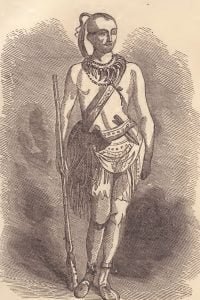Register of St. Philip’s Parish, South Carolina
This is a collection of birth records from St. Philip’s Parish in South Carolina, beginning in 1711. It documents births in chronological order, providing the names of the parents, the date of birth, and sometimes additional information like the time of birth or whether the child was baptized. The records highlight the demographics of the parish during the 18th century, showcasing the names, family structures, and even the occasional instances of births outside of marriage.

